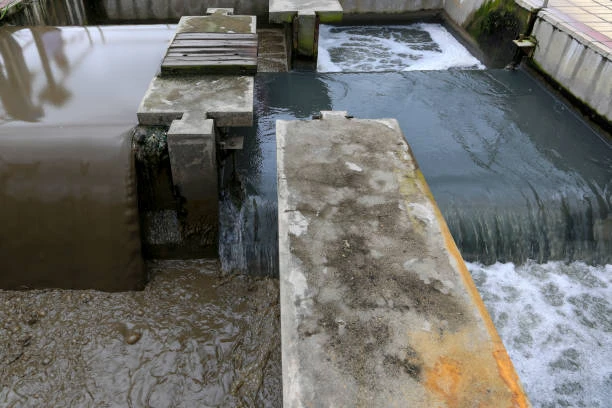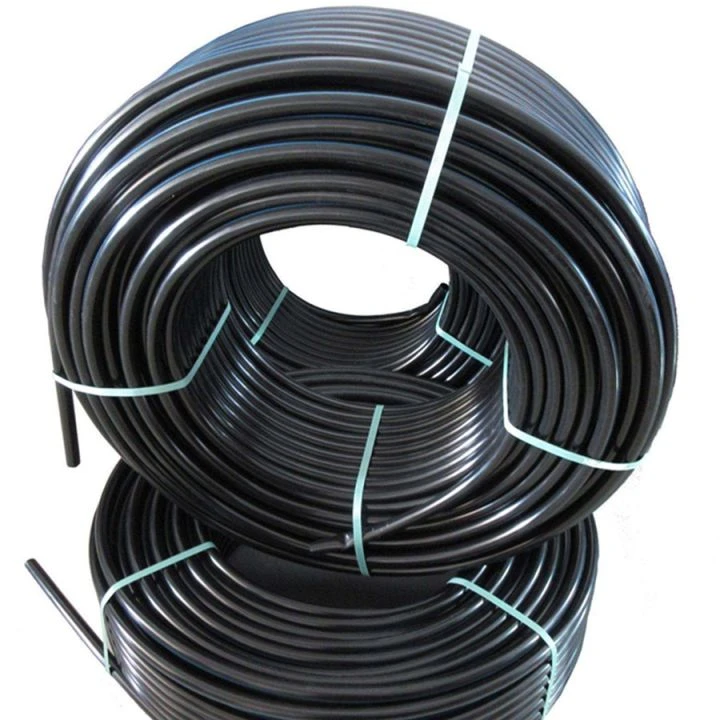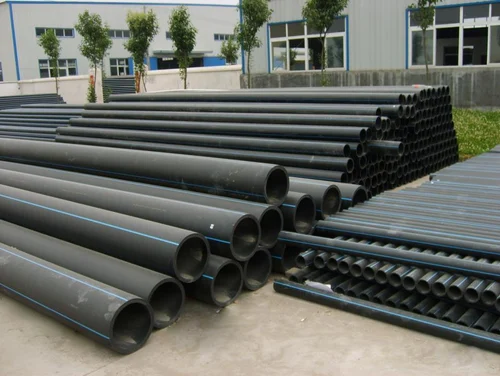Water pipe In recent years, concerns about lead in drinking water have gained significant attention across the United States, and Jefferson Parish is no exception. Many residents are now facing the reality of lead water pipes in their homes, which can pose serious health risks. This article aims to inform residents about the dangers associated with lead water pipes, how to identify them, and the steps you can take to protect your health and ensure safe drinking water.
Understanding Lead in Water Pipe
Lead has been used in plumbing materials for decades due to its malleability and resistance to corrosion. However, it is now known that lead is a toxic metal that can leach into drinking water, especially when water sits in pipes for extended periods. Lead exposure can have serious health implications, particularly for vulnerable populations such as children and pregnant women.
The Risks of Water pipe Lead Exposure
- Health Effects: Lead exposure can lead to a variety of health issues. In children, it can cause developmental delays, learning difficulties, and behavioral problems. In adults, lead exposure has been linked to cardiovascular issues, decreased kidney function, and reproductive problems.
- Sources of Lead in Water: Lead enters drinking water primarily through the corrosion of lead pipes or lead solder used in plumbing systems. When water sits in lead pipes, it can leach lead into the water supply, which poses a risk to anyone who consumes it.
- Vulnerable Populations: Children, pregnant women, and individuals with compromised immune systems are particularly at risk from lead exposure. It is crucial for these groups to take precautions to minimize their risk.
Identifying Lead Water Pipe in Your Home
To protect your health, it is essential to identify whether your home has lead water pipes. Here are some steps you can take:

1. Check the Age of Water pipe Your Home
Homes built before 1986 are more likely to have lead plumbing materials. If your home was built during this time, it is essential to investigate further.
2. Inspect the Pipes
Lead pipes are typically dull gray and can be scratched to reveal a shiny surface underneath. If you notice this characteristic, it is likely that you have lead pipes in your home. Additionally, if your pipes are flexible and can be bent easily, they may be lead.
3. Contact a Professional
If you are unsure about the materials used in your plumbing system, consider hiring a licensed plumber to assess your pipes. They can provide guidance on any necessary actions to ensure your water is safe.
Testing Your Water pipe for Lead
To ensure the safety of your drinking water, it is advisable to have your water tested for lead. Here are the steps to follow:
1. Obtain a Testing Kit
Local health departments or environmental agencies often provide water testing kits. You can also purchase a kit from a reputable supplier. Ensure that the kit is certified for lead testing.
2. Collect a Sample
Follow the instructions provided with the testing kit to collect a water sample. It is often recommended to take samples after the water has been sitting in the pipes for several hours to get an accurate reading of lead levels.
3. Send the Sample for Analysis
Once you have collected the sample, send it to the designated laboratory for analysis. The results will indicate whether lead is present in your drinking water and at what levels.
What to Do If Lead Water pipe Is Detected
If your water test reveals lead levels above the EPA’s action level of 15 parts per billion (ppb), it is essential to take immediate action:
1. Stop Using Tap Water for Drinking and Cooking
Until the issue is resolved, avoid using tap water for drinking, cooking, or preparing baby formula. Use bottled water or water from a safe source.
2. Flush Your Pipes
If you have not used your tap water for several hours, flush your pipes by running the water for several minutes before using it. This practice can help reduce lead levels in the water you consume.
3. Consider Water Filtration
Installing a water filtration system that is certified to remove lead can provide an additional layer of protection. Look for filters that meet NSF/ANSI Standard 53 for lead reduction.
4. Replace Lead Pipes
The most effective long-term solution is to replace lead pipes and fixtures with safer alternatives. Consult a licensed plumber to discuss your options and the associated costs. Many local governments offer assistance programs for lead pipe replacement.
Community Resources and Support
Jefferson Parish provides resources to help residents understand the risks associated with lead in water pipes. Residents can access information on testing, resources for replacing lead pipes, and assistance programs for low-income households. Staying informed and proactive about water safety is crucial.
Conclusion
The issue of lead water pipes in Jefferson Parish is a significant public health concern that requires immediate attention. By understanding the risks associated with lead exposure, identifying lead pipes in your home, and testing your water, you can take the necessary steps to protect yourself and your family. If you suspect lead in your plumbing, act promptly to ensure your drinking water is safe.
Frequently Asked Questions (FAQs)
1. How can I tell if my home has lead pipes?
Lead pipes are typically dull gray and can be scratched to reveal a shiny surface underneath. Homes built before 1986 are more likely to have lead plumbing.
2. What should I do if my water tests positive for lead?
If lead is detected in your water, stop using tap water for drinking and cooking, flush your pipes, consider water filtration, and consult a plumber about replacing lead pipes.
3. What are the health effects of lead exposure?
Lead exposure can cause developmental delays in children, cardiovascular issues in adults, and other serious health problems.
4. How often should I test my water for lead?
It is advisable to test your water for lead at least once a year, especially if you live in an older home or have concerns about your plumbing.
5. Are there any government programs to help with lead pipe replacement?
Yes, many local governments offer resources and assistance programs for residents needing help with lead pipe replacement. Check with Jefferson Parish for available options.


















